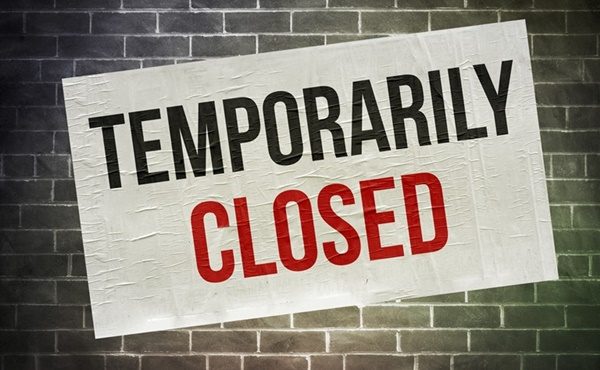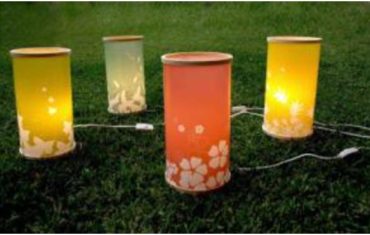Prime Minister Scott Morrison introduced a business hibernation plan earlier this week, and the Australian Small Business and Family Enterprise Ombudsman, Kate Carnell, says it is the only option to save struggling small business.
“The only way for small businesses to survive the coming months is if they can effectively hit pause for the time being,” she says.
“For businesses to bounce back when this health crisis is over, they need a holiday from all costs that they incur during this extremely difficult period.
“Small businesses―including those that are forced to shut their doors as well as those who suffer a significant loss of income―should be able to go into business hibernation.
“Understandably, the details of the government’s business hibernation plan are still being considered.
“It’s a mammoth effort that requires everyone to come together and be a part of the solution.”
Carnell adds that the new dedicated coronavirus mental health support service for small and medium-sized businesses recently announced by the Federal Government is a ‘life-saving’ initiative.
“It’s absolutely vital that there is a specialised approach for SMEs and sole traders, who are under extraordinary pressure right now.
“Our My Business Health web portal will be an important part of this mental health initiative. It also features a section for those struggling with the COVID-19 crisis.
“It’s essential we deal with the devastating impact coronavirus has had on small businesses in a holistic way.
“There are small businesses that have been forced to close their doors and many more that are fighting for their survival.
“Make no mistake the toll this is taking on their mental health is huge, which is why this initiative announced today will save lives.”
Further, the $130 billion JobKeeper package includes a flat payment of $1,500 per fortnight per employee that will be delivered via the Australian Taxation Office (ATO). It will be available to staff that have been stood down since 1 March and staff that continue to work.
Small businesses that have experienced a decline in turnover of 30 per cent or more will be eligible to register for the payment on the ATO’s website.
“The JobKeeper payment will play a critical role in assisting small businesses that have been impacted by the COVID-19 crisis,” Carnell says.
“Crucially, it will allow small businesses to continue trading and paying their staff. It will also ensure small businesses stay connected with their staff, who have been stood down, so they can re-engage their team when trading conditions return to normal.”
And then there is…
• Not-for-profits and small businesses who employ staff with a turnover under $50 million will receive a tax-free cash payment of up to $100,000 tax free to help them retain staff and continue operating, with a minimum of $20,000.
• Evictions will be put on hold for six months by the states and territories. Landlords and renters are encouraged to talk about short term agreements. Measures and packages are expected to be announced in the coming days. Shopping Centre Council of Australia (SCCA) said last week its members would not evict tenants when running behind on their rental agreements due to COVID-19.
• The Australian Energy launched a set of guidelines last week for energy retailers to make sure they protect and support businesses and the community through the COVID-19 pandemic and our recovery.
These include no disconnection of any small business until at least 31 July; waiving disconnection, reconnection and/or contract break fees for small businesses that have ceased operation, along with daily supply charges to retailers, during any period of disconnection until at least 31 July 2020.







